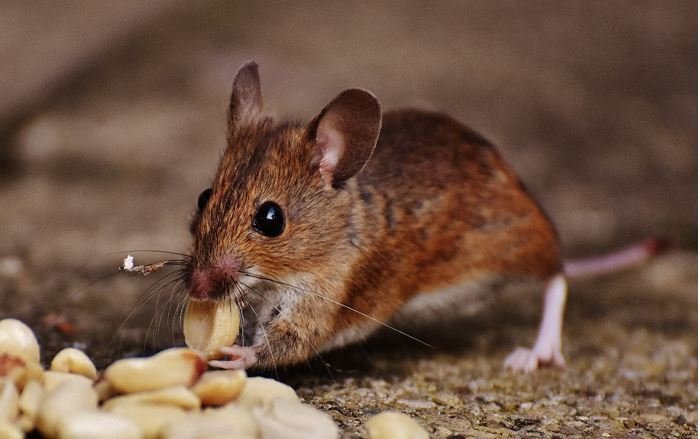This collaborative project will demonstrate novel solutions to enhance Ecologically Based Rodent Management for a sustainable agriculture in the Mediterranean Region.
These solutions, which will be demonstrated in Greece, Morocco, Cyprus, Netherlands and Türkiye, and will boost biological and ecological pest management in agriculture, leading to eco-sustainable farming systems, higher quality and quantity crop production and optimization of input use for ecosystem health.
Rodent pest species are a persistently large damage factor in agriculture globally, causing 15-25% of crop damage, field and storage combined. Furthermore, the chemical pesticides used to control rodents have adverse environmental impact, while rats develop more and more resistance to them.
Therefore, MED4PEST, funded through Prima-Med, aims to develop proven, effective Ecologically Based Rodent Management (EBRM) methods and products, which are readily integrated into local pest /invasive rodent management systems in Mediterranean countries, contributing to the shift from synthetic pest control to biological and ecological pest management, ultimately leading to eco-sustainable farming systems, higher quality and quantity crop production and optimization of input use for ecosystem health.
It combines biological, ecological and physical methods, through a Community of Practice (CoP) approach, since organisation is as important as the technology for effective rodent management. Med4pest ensures excellence through lab-innovations on a bio-rodenticide, testing and selecting best-suited EBRM approaches in diverse context and at significant scale, and through monitoring of impacts. Each of these innovations together will deliver a state-of-the-art project that demonstrates EBRM at scale, specifically tailored to the Mediterranean context, with key focus on sustaining agroecology, where the end-products are made by and for farmers, tightly fine-tuned to their wishes. MED4PEST will increase farmers of the nature of the proposed tools and analyse the impact of their acceptance.
MED4PEST is funded by Prima Foundation (Partnership for Research and Innovation in the Mediterranean Area). The project, coordinated by MetaMeta Anatolia has a consortium formed by 6 partners: Hellenic Mediterranean University (HMU) from Greece, Mohammed V University of Rabat (MVUR) from Morocco, National Institute for Agricultural Research of Rabat (INRA) from Morocco, CYENS Center of Excellence (CYENS) from Cyprus, MetaMeta Research (MMR) from Netherlands and MetaMeta Anatolia (MMA) from Türkiye. CYENS participates to the project with own funds, as part of its societal contribution to the Cyprus society.
CYENS Centre of Excellence’s Dr. Andreas Kamilaris, the team leader of SuPerWorld Multidisciplinary Research Group (MRG), explains “this unique project will bring a lot of benefits to the Mediterranean farmers and to young agricultural experts, in line with our mission. Rodents cause significant damage to farmers’ crops and equipment, while rats have built up to adverse chemical synthetic rodenticides. But, locally developed biological and ecological alternatives are not available as of yet in Cyprus. We will collaborate with Faculty of Medicine and Faculty of Plant Protection in Harran University, to support with R&D in their lab facilities, and ultimately develop a proven effective, 100% plant-based rodenticide product from Cyprus. In line with this, we will set up a number of field-demonstrations and learning events, to do scaled and applied testing coupled with dissemination of lessons learned. It will be a game changer product not only for Cyprus but also for entire Mediterranean region as well. Our group at CYENS will work on developing smart modern technologies in order to understand and assess how rodents behave in relation to the plant-based rodenticide applications. The state-of-the art technologies like sensors, radar, infrared camera, artificial intelligence will be used in the monitoring system. These technologies will be applied at living labs, e.g. greenhouses in Cyprus and Greece and in lab trials in Morocco and Turkey.”

